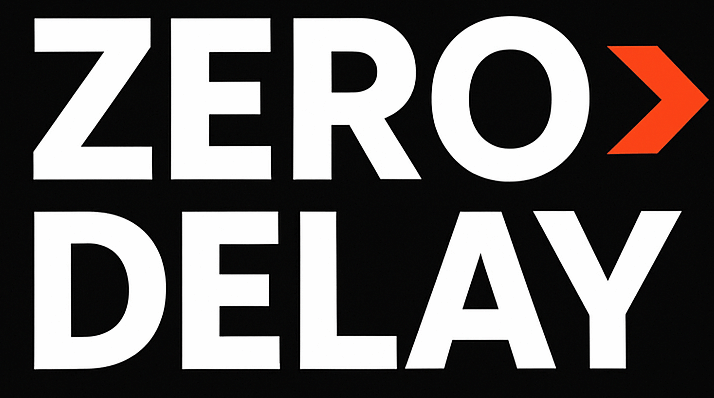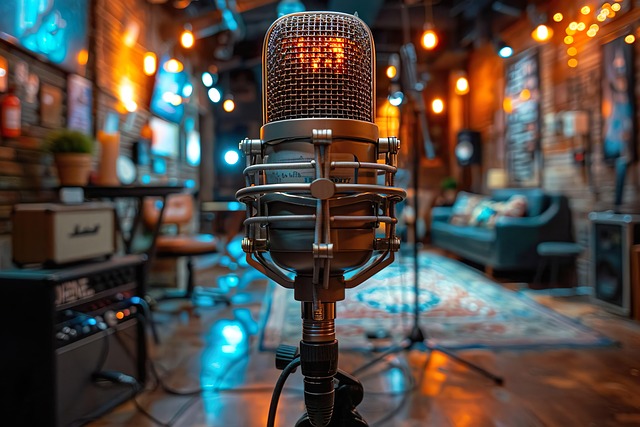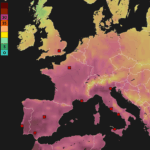Hey everyone 👋,
I’ve been seeing the term “AI Vocal Remover” everywhere lately — on TikTok, in YouTube tutorials, and even in Reddit threads for amateur producers. Being the curious tech nerd that I am (and a wannabe DJ on weekends), I had to try it out for myself.
Let me tell you: it’s crazy good. But also, this tech raises some really interesting questions… so let’s dive into it.
🎙️ What Is an AI Vocal Remover?
An AI Vocal Remover is a tool that uses machine learning (usually deep neural networks) to separate the vocals from the instrumental in a music track. That means you can take any song — even a fully mastered MP3 — and isolate the singer’s voice or remove it entirely.
Back in the day, this was basically impossible unless you had access to the original stems. But now, with models like Spleeter (by Deezer) or LALAL.AI, you can do this in seconds… for free or a few bucks.
🎵 Why Is It Trending Now?
There’s a huge spike in interest. According to Exploding Topics, search traffic for « AI vocal remover » exploded by more than 9,000% in 2024–2025. Here’s why:
- 🎤 TikTok and Reels: People want to remix, mashup, or sing over clean instrumentals.
- 🎧 Karaoke lovers: DIY karaoke versions are booming thanks to these tools.
- 💻 Bedroom producers: Sampling vocals from classics is way easier now.
- 🧠 AI + Music = Magic: People are just amazed at how good it’s gotten.
🧪 My Experience
I tried removing vocals from Adele’s “Someone Like You” using LALAL.AI, and wow — it felt like peeling a song apart with a scalpel. The vocals came out almost perfectly clean, and the instrumental was usable too.
I also tested Moises.ai and Splitter.ai. Each has its strengths:
| Tool | Pros | Cons |
|---|---|---|
| LALAL.AI | Fast, clean split | Limited free tier |
| Moises.ai | Includes pitch, speed control | UI a bit bloated |
| Spleeter | Open source, powerful | Needs some setup |
I ended up uploading a few edits to SoundCloud. I’m no pro, but it felt like I had access to tools only real producers used to have.
🤔 But Is This Legal?
That’s where things get murky. Using AI vocal removers for personal or educational use? Totally fine. But remixing copyrighted material and publishing it without permission — that’s risky.
Some artists love it (lookin’ at you, Lil Nas X). Others, not so much.
If you’re planning to release anything publicly: get the rights or stick to royalty-free samples.
🌍 What This Means for Music Creators
Honestly? AI is democratizing music production in a beautiful way.
You don’t need a studio. You don’t need an engineer. You just need your laptop, and you can remix your favorite tracks, make karaoke sets for your friends, or create mashups that sound legit.
At the same time, we’re entering a weird space ethically and legally. There’s already AI that can replicate a singer’s voice. Combine that with vocal removers, and you’ve got the recipe for full-on deepfake music.
🧠 Final Thoughts
Trying an AI vocal remover made me realize just how fast tech is changing the creative world. What used to be locked behind record label budgets is now at my fingertips.
If you love music — whether as a listener, creator, or just a curious soul — give one of these tools a spin. You might surprise yourself.
But please… don’t try to recreate Frank Sinatra featuring Travis Scott. The internet’s not ready 😅
—
Have you tried one of these tools? Drop your favorite in the comments — or send me your wildest mashup.
Catch you next time.








